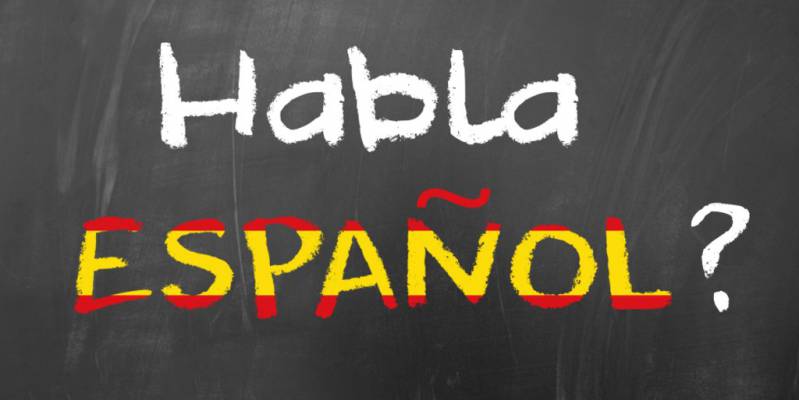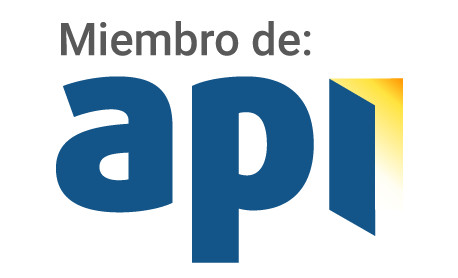News: Spanish language mistakes made by Dutch speakers

Speaking another language is not always easy and all too often sentences and words are translated too literally from the native language into the other language.
This happens more often than is called a "malfunction" or a language pattern of the mother tongue that someone has in his / her head and causes "malfunctions" in the foreign language to be spoken.
Below we give a small overview of some of the "malfunctions" that can occur in Dutch speakers who want to speak Spanish but do not yet have a good grasp of grammar. That can sometimes lead to strange and comical situations, but in the process one learns…. these are the best known "failures."
Soy 40 años
You say literally with "soy 40 años" in Dutch "I am 40 years old" but in Spanish you have an age because it is yours. That is why the verb TENER is used which means: "TENGO 40 años" which means "I have 40 years".
Uno momento
It happens all too often that people say "uno momento" but that is not correct. UNO is the number one and is not an indefinite article. They are namely un and uno (male) and una, unas (female). It is therefore "UN momento".
Es bien
In this way many people say it is good but this is not correct. The word BIEN is an adverb and cannot be used in combination with the verb SER. It is correct to say "ES BUENO" or the combination estar with bien if one wants to say "está BIEN" or "estar BIEN".
Kuatro and Quatro
It sounds logical, the K with the word "four" in Spanish but unfortunately that is not correct. In Spain the K is not seen as a consonant and this letter is only used in so-called loan words (walkman, kimono). If you know that the K is not correct, people often switch to the Q but that is also incorrect in the Spanish word for four. The QU in fact only occurs in Spanish in combination with an E and an I. The correct word for four in Spanish is "CUATRO"
Tres días pasado
Translated from Dutch, this also makes sense, but it is not correct if one wants to say three days ago. It's complicated, but you get used to it: if you want to say "ago," you use the verb "HACER" for minutes, hours, days, months, and years. It is therefore "HACE tres días".
However, if you want to say "finished" as in the past month, you do use the word pasado / pasada such as "el mes PASADO" or "la semana PASADA".
Glasses / people (singular / plural)
In Dutch / Flemish the word spectacles is singular but in Spanish this is plural, namely "GAFAS". You do not say "mi gafas" in Spanish but "MIS gafas" or "UNAS gafas". "GAFAS de sol? means sunglasses. By the way, in Spanish people don't say "gafas del WC" if they want to declare toilet seat, but it is "tapa de WC".
Another example is the Spanish word for people that is "gente". With "mucha GENTE" you say so many people. Incidentally, GENTE is feminine, hence "muchA".
Also difficult
Ser, estar and hay
This is a classic and even Dutch speakers who have been living in Spain for years use these verbs incorrectly.
SER is to be something or someone (SOY holandés) and is used when something is fixed.
ESTAR is located (ESTOY and holanda) and is used when something is temporary.
HAY is there or there is (HAY muchos holandeses)
Por and para
The prepositions POR and PARA sometimes cause headaches and the biggest problem is and continues to translate automatically because in Dutch / Flemish POR and PARA can be used for the same "FOR".
POR is generally used for a reason or cause, a specific duration, a (vague) placeholder, etc. such as "me retraso POR el tráfico" or "nos vemos mañana POR la tarde" and "hay muchos turistas POR aqui".
PARA is generally used when it means 'to…' to indicate a goal such as 'este periódico es bueno para leer' but also when indicating a time limit (... para viernes), indicating a destination (salimos para españa), working for (trabajo para ...).
Also important is the difference "POR qué" which means why and "PARA qué" which means what.






